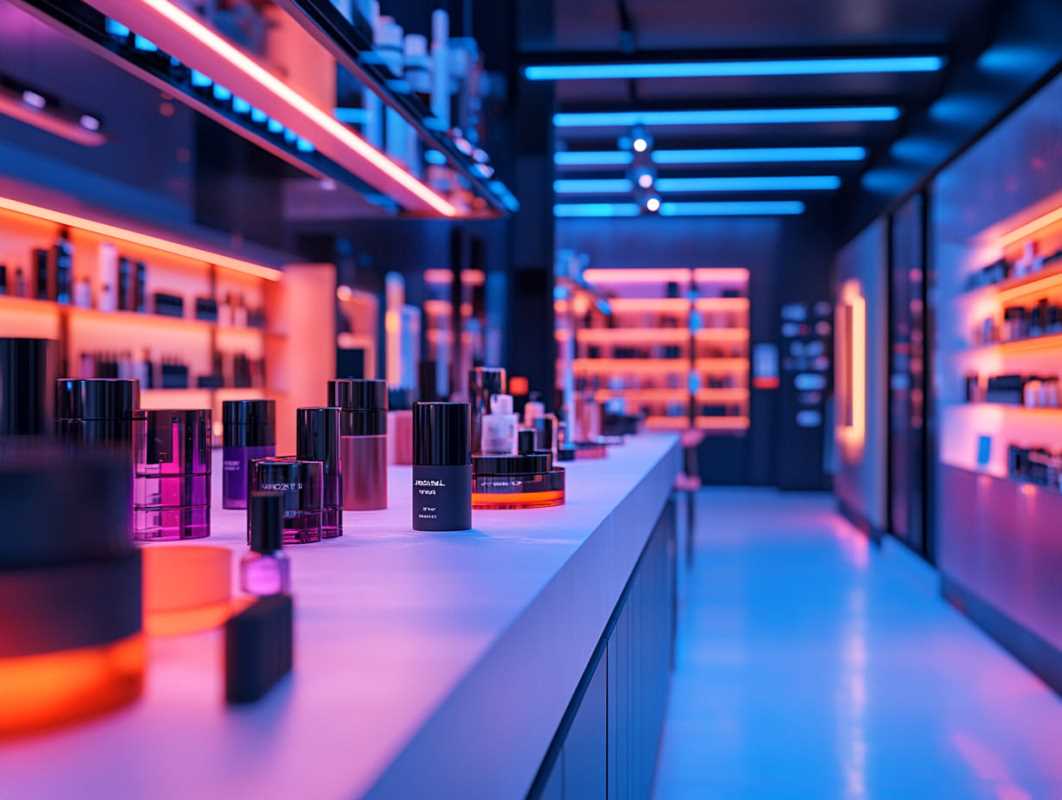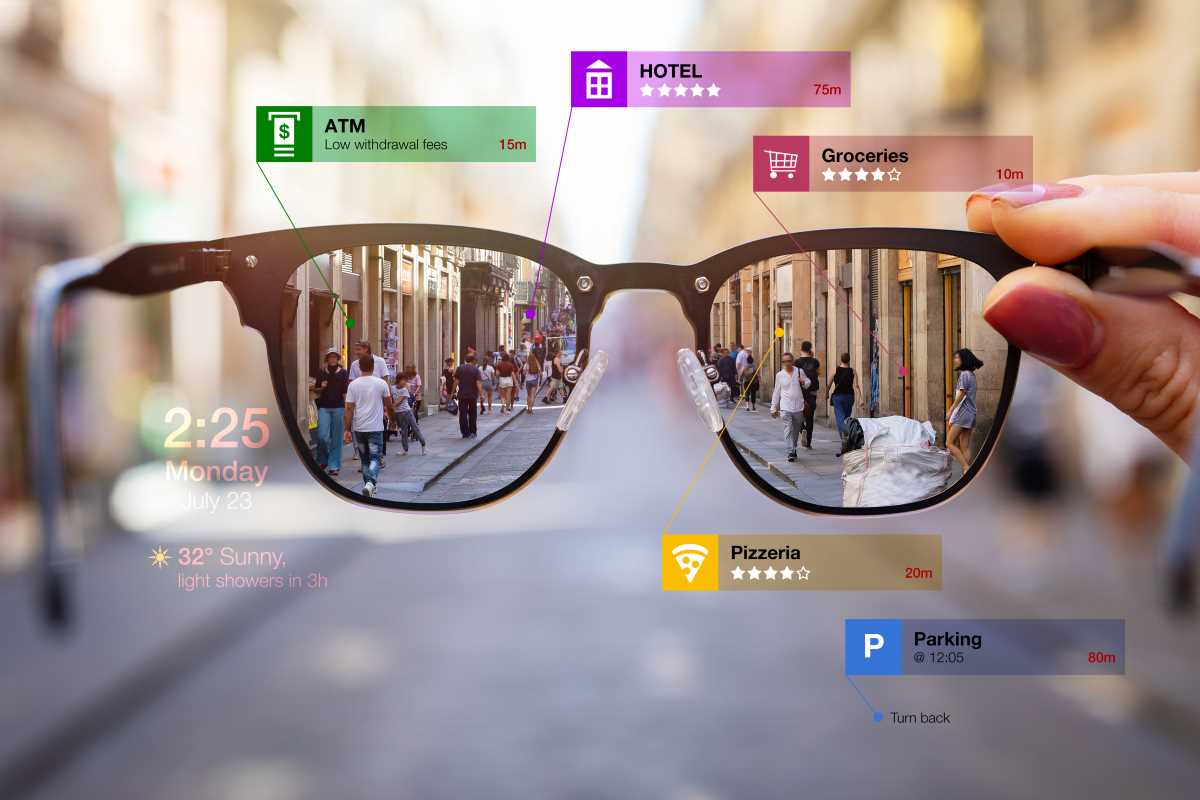Artificial Intelligence (AI) has revolutionized various industries, and the beauty sector is no exception. Using advanced algorithms and data analytics, AI transforms how beauty product developers create, market, and customize consumer products. This integration improves the shopping experience and opens the door for highly tailored beauty solutions that meet individual needs and preferences.
The Current State of AI in the Beauty Industry
- AI-Powered Skin Analysis Tools: These tools use image recognition and machine learning to assess skin conditions, providing personalized recommendations for skincare products.
- Virtual Try-On Applications: Augmented reality (AR) combined with AI allows consumers to visualize how makeup products will look on their faces before making a purchase.
- Machine Learning Algorithms for Product Recommendations: By analyzing consumer data and preferences, these algorithms suggest products that best fit individual needs, improving the shopping experience.
- AI-Driven Product Development: Companies utilize AI to formulate new beauty products by predicting the most effective ingredient combinations for various skin types.
Benefits of AI-Driven Personalization
- Customized Product Formulations: AI enables the creation of beauty products tailored to an individual’s specific skin type, concerns, and preferences, ensuring better results and satisfaction.
- Enhanced User Experience: Personalized recommendations and virtual try-ons make the shopping process more engaging and efficient, allowing consumers to make informed decisions.
- Improved Product Efficacy: With AI's ability to analyze vast amounts of data, products can optimize for effectiveness, leading to higher consumer trust and loyalty.
- Reduced Trial and Error: AI minimizes the guesswork in selecting beauty products, cutting down the time and money spent on unsuitable products.
Challenges and Ethical Considerations
Implementing AI in the beauty industry presents its set of challenges and ethical questions. One of the primary concerns involves data privacy. As AI systems depend on vast amounts of personal data to provide personalized recommendations, ensuring this data is securely stored and handled remains crucial for maintaining consumer trust.
Another significant issue involves algorithm bias. If the data used to train AI systems lacks diversity, it can lead to biased outcomes that do not cater to all skin types or cultural beauty standards. This lack of inclusivity can alienate consumers and perpetuate stereotypes within the beauty industry. Furthermore, ethical considerations regarding the responsible use of AI arise, ensuring that technology improves consumer welfare without compromising individual rights.
Future Trends and Innovations in AI for Beauty
The future of AI in the beauty industry promises remarkable advancements. One emerging trend involves integrating AI with augmented reality (AR) to create more immersive and interactive shopping experiences. For instance, consumers can test makeup, hairstyles, and skin care treatments, virtually, in real time, guided by AI-driven suggestions.
Sustainability represents another area where AI progresses. AI can optimize supply chains to reduce waste, predict trends to align production with consumer demand, and formulate eco-friendly products that meet the increasing demand for sustainable beauty solutions. Furthermore, advancements in AI are expected to lead to more sophisticated skin analysis tools that can provide even deeper insights into individual skin health and needs, driving further personalization and effectiveness in beauty products.
Integration of AI with Other Lifestyle Trends
As AI evolves, its integration with other lifestyle trends becomes more prominent. For example, in the way of wellness, AI can enhance specialty tea tasting events by providing personalized tea recommendations based on individual preferences and health goals. This synergy between AI and lifestyle activities enriches the consumer experience and opens new avenues for personalized self-care routines that align with overall well-being.
AI undeniably reshapes the beauty industry's landscape, driving innovation and enhancing personalization. By addressing current challenges and embracing future trends, AI holds the transformative potential to create more effective, inclusive, and sustainable beauty solutions that meet the unique needs of every individual.
The integration of AI in personalized beauty represents a significant leap forward. It promises a future where beauty products cater to individual needs and contribute to a more inclusive and sustainable industry.
 (Image source: Midjourney)
(Image source: Midjourney) 





